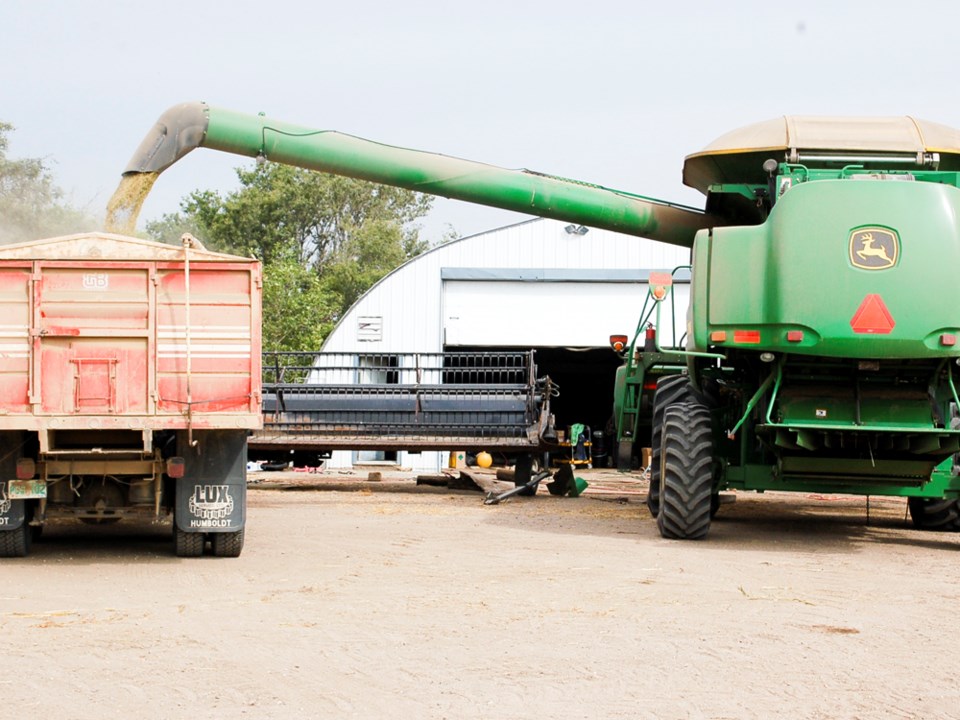Growers of pulse crops are seeing added value to what they grow, with the price of those crops on the rise this year, due to increasing demand. Farmers in Saskatchewan are looking to capitalize on this, and will be planting plenty of pulses this coming season.
The most dramatic increase in demand seen in Saskatchewan for pulses has been for lentils – red lentils, in particular, noted Shawn Madsen, operations manager with Southland Pulse Inc. According to the Ministry of Agriculture, Saskatchewan farmers harvested roughly 4.1 million tonnes of pulses in 2015.
“This is the biggest the demand has ever been. The most demand has been from India,” said Madsen. “They’ve had a couple of drier crops and it definitely increased everything we are normally shipping.”
Madsen said the demand this year for pulse crops has grown so much, it’s depleted stocks to the point where there will be “virtually nothing left by another month or so,” in the southeast area.
“We’ve shattered record values; that’s for sure,” said Madsen.
Madsen noted he is certain the increase in the value of pulse crops will be good for the economy this coming growing season.
“There’s always going to be ups and downs with this business, since it’s an open market,” said Madsen. “Right now it happens to be a huge up.”
Madsen said many farmers have forward-contracted their acres and production almost a year in advance, anticipating the immense value they’ll get for their crops.
Over the years, pulse crops used to be cash crops; they were used to generate cash when needed in farmers’ rotations.
Last year, there was a significant increase in acreage in the southeast devoted to growing pulse crops. Madsen noted that if the trend continues, the amount of acreage will continue to grow.
Last year, lentils were estimated to have been growing in 3.8 million acres of land in the province, said Madsen. The number of lentils alone, this year could hit five million. There were about 3.7 million acres of peas in the ground last year, and Madsen said that number could increase to something closer to five million acres this coming growing season.
“There could be 10 million acres of pulses in the ground this year,” said Madsen.
In the southeast, there are already plenty of acres devoted to pulse crops. The land north and east of Estevan is home to many pea crops. Meanwhile, towards Torquay and in areas west of Estevan, there are high concentrations of lentil crops.
Madsen said economic conditions could easily change in only a few years; and the demand for pulses could completely reverse from what’s been seen up to now.
“We could have a crop of five million acres of lentils and we could produce two years’ worth of them in a year. What’s it going to do next year? Instead of 35 cents a pound we could see 18 cents a pound for lentils, and then nobody will grow them,” said Madsen. “It’s simple economics – supply and demand. Those two things will drive what happens.”




